
History is full of stories that surprise and fascinate us, often revealing the most unexpected sides of human nature and the world around us. While we often hear about major events and well-known figures, countless lesser-known facts can truly blow our minds. We have 15 such fascinating facts that will give you a whole new picture of the yesteryears.
The University of Oxford Dates Back Longer Than the Aztec Empire

Oxford University began teaching in 1096, making it older than the Aztec Empire, which was founded in 1428. This makes Oxford one of the world’s oldest universities in continuous operation.
The First Computer Programmer Was a Woman
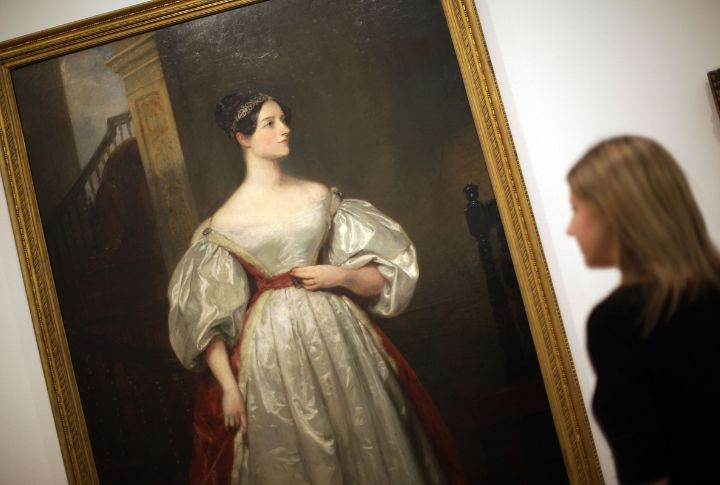
It was English mathematician and writer Ada Lovelace who is considered the first computer programmer. In the mid-1800s, she wrote the first algorithm for Charles Babbage’s Analytical Engine, an early mechanical general-purpose computer.
Napoleon Was Attacked by Rabbits
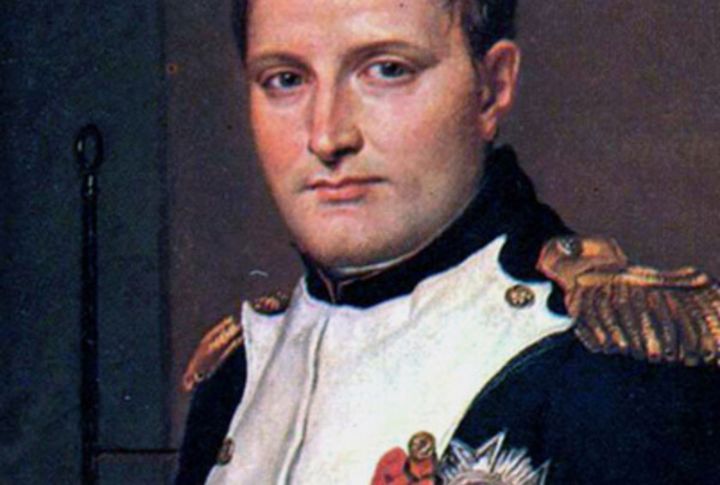
In 1807, Napoleon Bonaparte was attacked by a horde of rabbits. After a successful military campaign, his chief of staff organized a rabbit hunt. However, the rabbits, which were domesticated, swarmed Napoleon and his party, resulting in a chaotic and humorous scene.
The Great Emu War
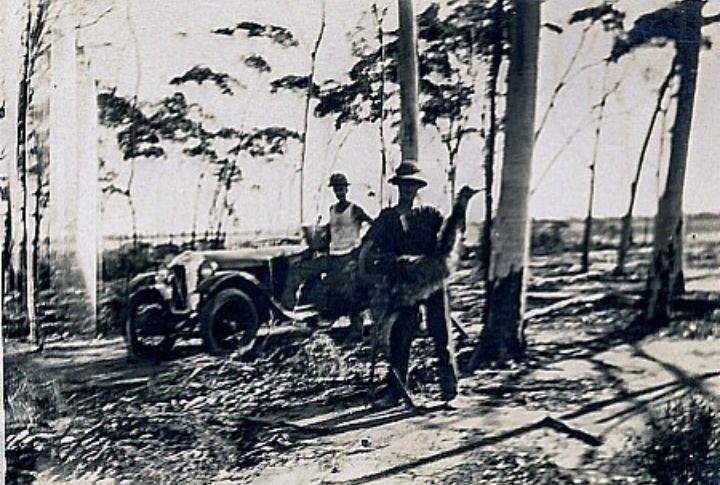
Australia waged a war against emus in 1932. The large flightless birds were damaging crops in Western Australia, leading to a military operation to curb their population. Despite using soldiers and machine guns, the emus largely outsmarted the efforts, and the operation was deemed a failure.
The Statue of Liberty’s Color Change

The Statue of Liberty was originally reddish-brown due to its copper composition. Over time, oxidation caused the statue to develop its iconic green patina, a process that took about 30 years after its dedication in 1886.
The Great Molasses Flood of 1919

A storage tank in Boston burst in 1919, releasing 2.3 million gallons of molasses into the streets. There were 21 deaths and 150 injuries as a result of the flood. The disaster is remembered for the unusual and tragic way the sticky substance caused chaos in the city.
The Accidental Discovery of Penicillin
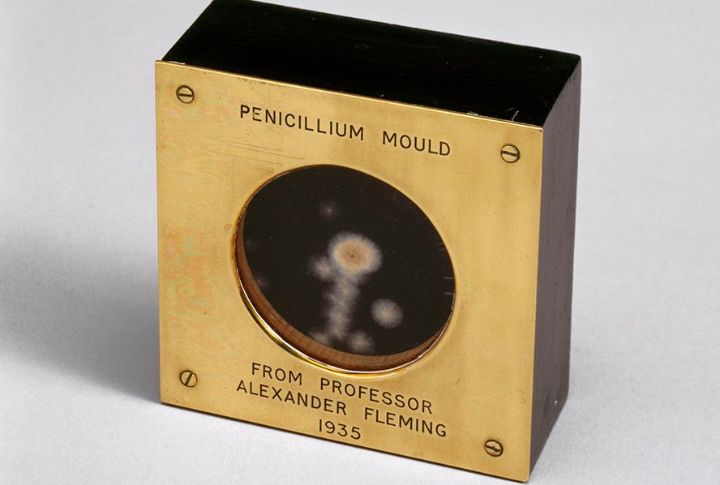
As a result of an accident, Alexander Fleming developed penicillin in 1928. He discovered that a mold known as Penicillium notatum was infecting his bacterial cultures and was killing the bacteria. This led to the development of the first true antibiotic.
The Original Olympic Games Had Just One Event

Ancient Olympic Games, first held in 776 BCE in Olympia, Greece, originally featured only one event: a short sprint called the “stadion,” which was about 192 meters long. Over time, additional events were added to the competition.
“Your The Oldest Known Mom” Joke
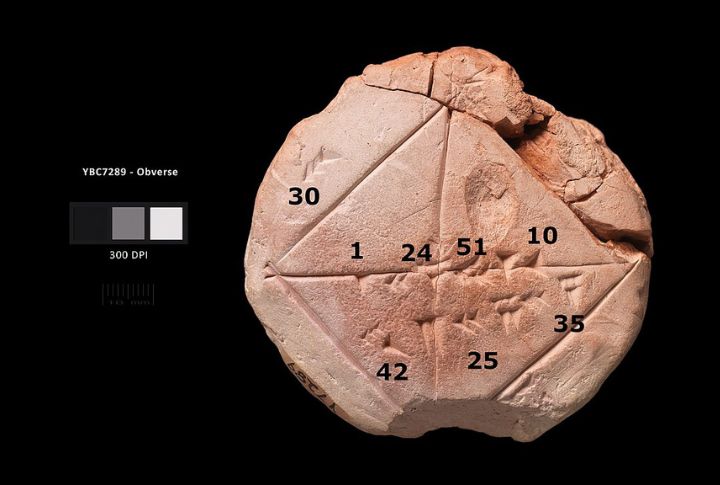
The oldest recorded “your mom” joke dates back to 1,500 BCE and was discovered on a Babylonian tablet. This shows that humor and playful insults have been a part of human culture for millennia.
The First Use of “OMG” Was in 1917
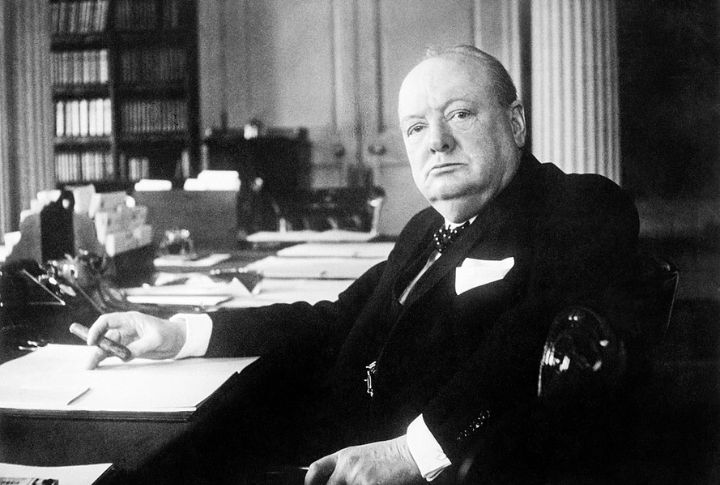
“Winston Churchill first used the OMG” ( Oh My God) abbreviation in a 1917 letter. Admiral John Arbuthnot Fisher, a retired naval officer, included the term in his correspondence long before it became a staple of modern texting and internet slang.
The Shortage of Wood Led to the Creation of the Pencil

During the Napoleonic Wars in the early 19th century, the British blockade of France led to a shortage of pure graphite needed for pencils. Frenchman Nicolas-Jacques Conté invented the modern pencil by mixing powdered graphite with clay and encasing it in wood, creating a more efficient and practical writing tool.
The First Submarine Attack

The first successful submarine attack occurred during the American Revolutionary War. In 1776, the American submersible vessel Turtle attempted to attach a time bomb to the hull of the British HMS Eagle in New York Harbor. Although the mission failed, it marked the beginning of underwater warfare.
Ancient Egyptian Pregnancy Test
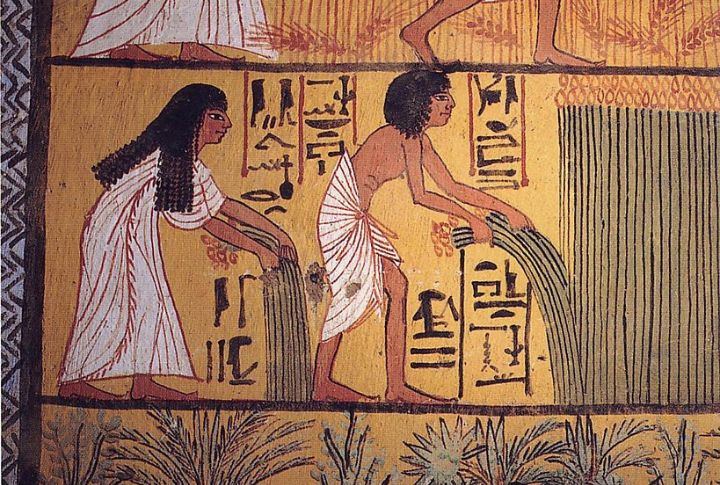
Traditionally, Egyptian women urinated on wheat and barley seeds. If the seeds sprouted, the woman was considered pregnant. Modern tests have shown this method had a high rate of accuracy due to the hormones present in pregnant women’s urine.
The Dancing Plague of 1518

In July 1518, residents of Strasbourg (then part of the Holy Roman Empire) experienced an uncontrollable urge to dance. Known as the Dancing Plague, it saw dozens of people dance for days without rest, and some reportedly died from exhaustion. Historians believe it was likely caused by mass hysteria or a collective psychogenic illness.
The Oldest Known Customer Complaint
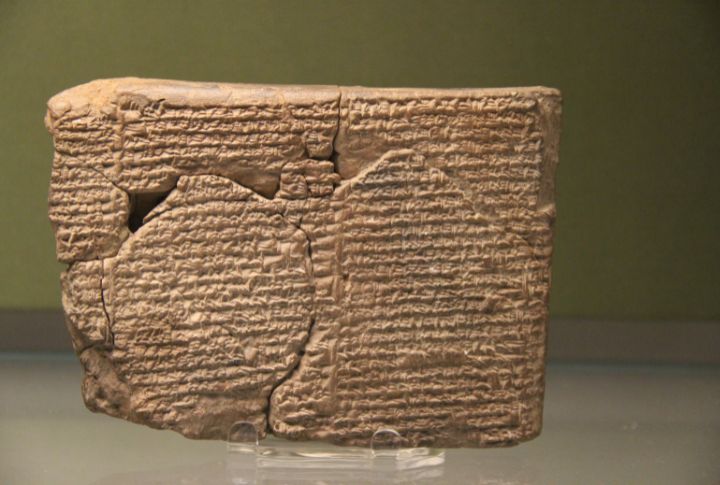
The oldest recorded customer complaint dates back to ancient Mesopotamia, around 1750 BCE. In the British Museum, there is a clay tablet that features a complaint from a customer named Nanni, who was unhappy with the quality of copper ingots he received from a merchant named Ea-nasir. This early example shows that dissatisfaction with goods and services is as old as commerce itself.
